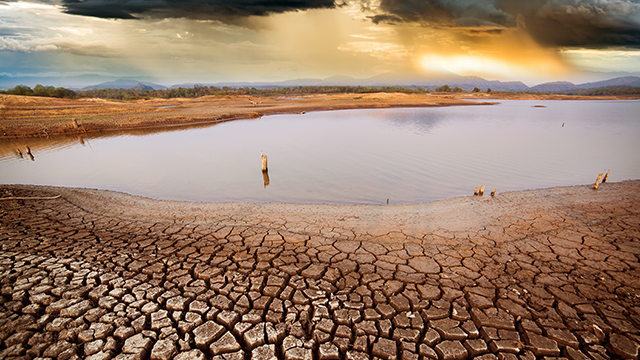The dwindling water resources worldwide and the deepening water crisis have become a source of international concern. This crisis is driven by factors such as growing population, climate change, excessive water consumption and mismanagement of water resources. In this paper, we will focus on the dimensions of the global water crisis and proposed strategies to address it.
The global water crisis is characterized by decreasing access to clean water and pollution of water resources. This situation threatens human health and has negative impacts on agricultural production, industry and ecosystems. Holistic and sustainable strategies need to be developed to solve the water crisis.
First of all, it is important to save water and increase water efficiency. More efficient use of water in agricultural irrigation, industrial production and domestic use can contribute to alleviating the water crisis. To this end, the use of water-saving technologies such as drip irrigation should be encouraged and education campaigns should be organized to raise public awareness of water conservation.
Tackling climate change is critical to solving the water crisis. Climate change causes rainfall patterns to change and water resources to diminish. Therefore, reducing greenhouse gas emissions and increasing the use of renewable energy sources are important steps in mitigating the impacts of the water crisis.
Integrated approaches need to be adopted in water resources management. The management of river basins and groundwater resources should be handled with the participation of various stakeholders and with an approach that considers the protection of ecosystems. This will ensure the sustainable use and conservation of water resources.
Reuse and recycling of water resources also play an important role in solving the water crisis. The treatment and reuse of wastewater can contribute to the conservation of clean water resources, especially in regions where water scarcity is severe. This process reduces the pressure on fresh water by creating alternative water sources that can be used for industrial and agricultural activities.
Finally, international cooperation and sharing are vital to tackling the water crisis. International cooperation and sharing of best practices is essential to reduce pressure on water resources and combat the impacts of the water crisis.



